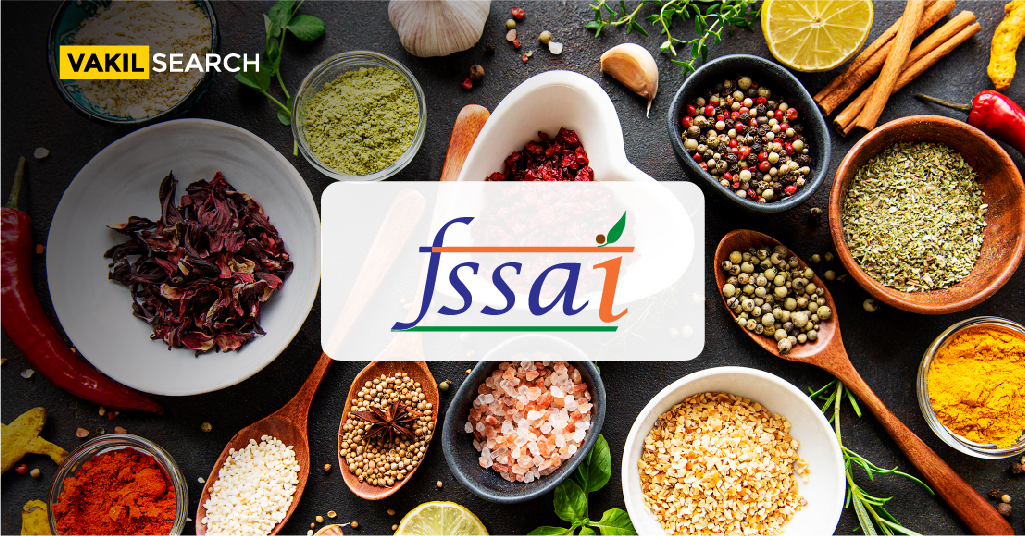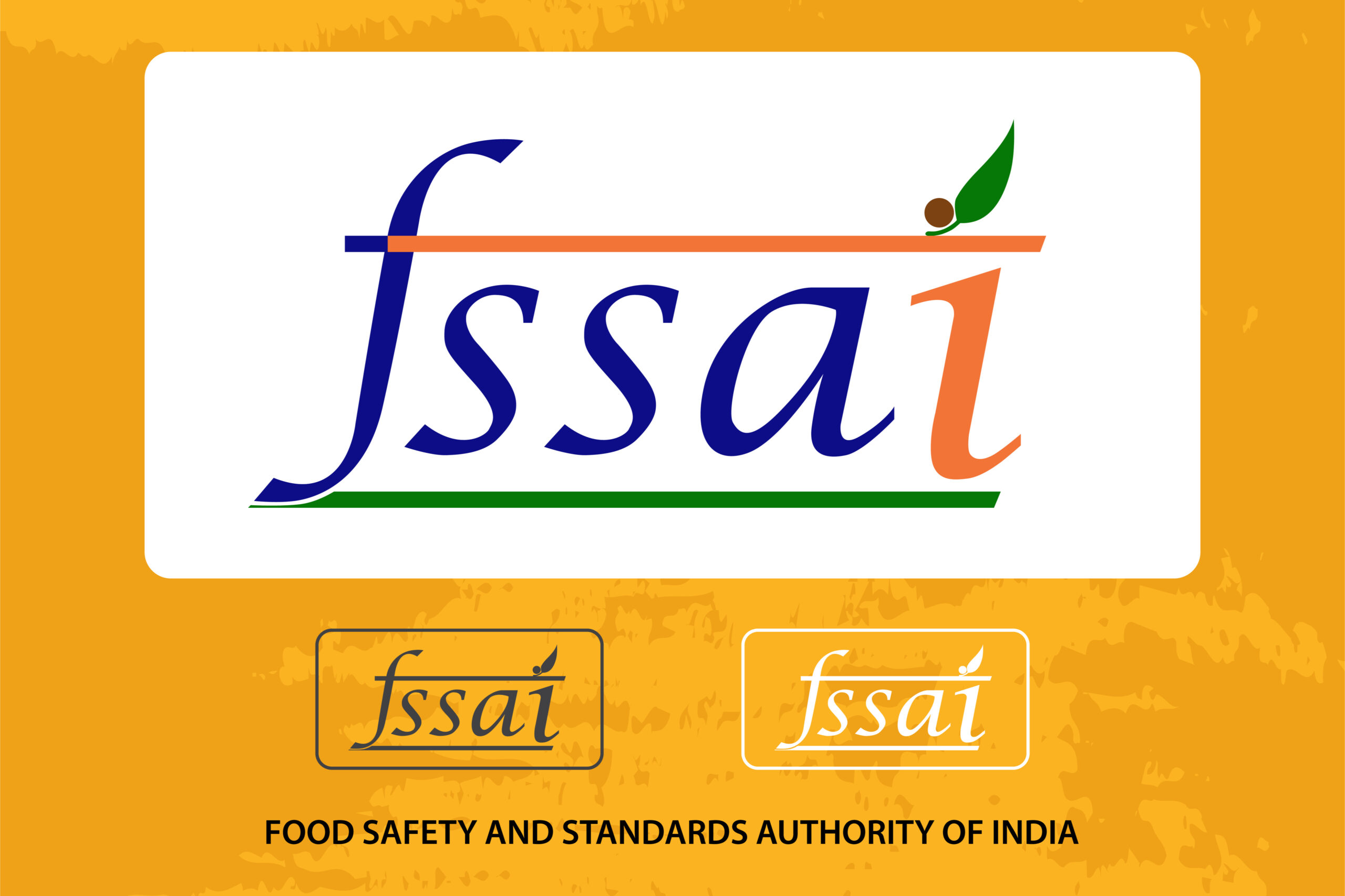The FSSAI is an autonomous body instituted under the Food Safety and Standards Act, of 2006 for supervising the regulations pertaining to food safety across India. Hotels, restaurants, and other businesses that deal with food products are required to obtain a license from the FSSAI.
The Government of India has always been vigilant about the health and safety of its citizens, especially regarding food safety and the prevention of adulteration of food. To actively monitor and govern the activities of the Food Business Operators (FBOs) performing various operations in the supply chain, the FSSAI Applicability (Food Safety and Standards Authority of India) was launched under the Food Safety and Standards Act of 2006.
The obvious reason to launch a regulatory body like the FSSAI is to promote the health and welfare of the citizens. But the fact that India is currently flourishing in the area of food tourism should not be ottrememberedourism boom in India should be owed not only to the country’s distinctive locations, hospitality, and cultural heritage but also to its diverse and varied culinary legacy.
With the increase in the number of food lovers vacationing in India, there arises the need to maintain the position of the quality of food at a high pedestal. The FSSAI rightly serves this purpose.
Significance of FSSAI:
The FSSAI lays down the norms for food safety systematically on a scientific basis. It aims to maintain and regulate food manufacture, storage, sale, distribution, and import as stipulated in the Food Safety and Standard Act 2006. While innumerous restaurants and food joints have sprung up around every corner of the street, there arises a dire need to monitor these establishments. On the other hand, people choose these eateries when they intend to dine outside or even order the same through delivery apps and have their cheat meals from the comfort of their homes.
A stringent body like the FSSAI is needed to keep the FBOs in line to ensure that people have access to quality food that gives value for their money. For this purpose, it is mandated that the FBOs get certified by the FSSAI and get hold of the required licenses. The FSSAI license is a 14-digit numerical representation that is printed on food products or displayed in food joints that conveys to the customer that the specific product or service is of reputed quality. Having a license under the FSSAI garners great credibility for the eateries and therefore boosts the business.
Applicability of FSSAI License:
Food Business Operators in the following line of engagements must procure the FSSAI license:
- Traders, Manufacturers, and Restaurants
- Processing and Packaging Industries
- Storage and Transportation services
- Food Traders
- Distributors
- Import and Export Industries
- Various Food Services
- Caterers
- Sale of Food and Food Ingredients.
FSSAI License Applicability Based on Turnover of the Business:
Although the words sound similar and appear to have the same meaning, the FSSAI license and FSSAI registration are quite different. The FSSAI license can be categorised into 3 types:
- FSSAI Basic License
- FSSAI State License
- FSSAI Central License.
Wherein the categorisation is done based on the turnover of the businesses.
- A Basic FSSAI Registration is done by those businesses that have a turnover of less than 12 lakhs and is applied through Form A
- An FSSAI State License is opted for by FBOs that have a turnover of between 12 to 20 crores and the application is made through Form B
- The FSSAI Central License is for those food businesses that exhibit a turnover of more than 20 crores and is applied under Form B.
It is pertinent to note that the state authorities of a particular state issue the FSSAI State License. Furthermore, the business also has to choose the license based on the size and extent of operation of its outlets. For instance, a medium-sized hotel or restaurant could do with a State License. At the same time, a large-sized food operator operating out of multiple states should choose a Central License regardless of the turnover. The types of licenses are, therefore, contingent on the business’s turnover, the establishment’s production capacity, the nature of the business, and the area of operation aggregately. Thus, even if an FBO is eligible for a basic license as per the turnover, the line of business and places of operation might mandate the FBO to apply for a State or a Central license.
Also, a restaurant that operates in multiple locations might have to obtain multiple FSSAI Applicability licenses. For instance, if the FBO is a private limited company with a registered office in Chennai while operating in 10 different locations across India, the FBO should obtain a Central License at the registered office and individual licenses for other locations depending on the turnover of the respective outlets.
The FSSAI mandates that the food business operators choose their licenses suitably and make an application for the same. Failing this, the business will become liable for penalties and legal charges.
The food industry is one of the most preeminent industries that churn huge revenue to the nation. Also, when the quality of food is compromised, it affects the health of the nation, which in turn could sabotage the country’s overall economic growth. Thus, the FSSAI plays a crucial and uncompromising role when it comes to food safety. Obtaining the FSSAI license can be tricky as it involves the submission of various documents and other procedural complications. At Vakilsearch, we could help you procure the right type of FSSAI license, thus helping your business to stay afar from legal issues and unwarranted penalties.
Must-Read Topics:









